Profits plunge as everything from inflation to floods hit Australia’s richest people
The boom times are over for many of Australia’s biggest private companies, and the billionaires who own them. Profits are going backwards for just about everyone.
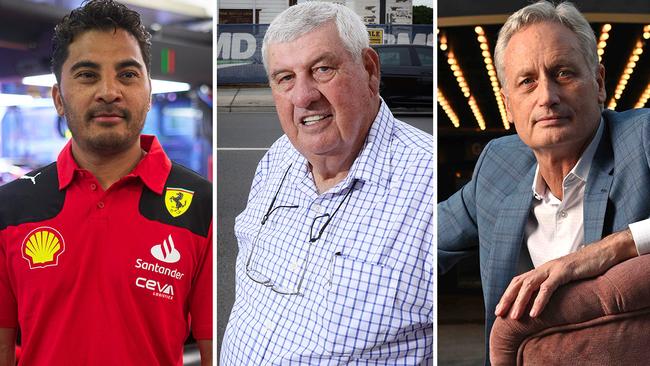
The rich have a profit problem. A slew of private companies owned by the country’s billionaires and other members of The List – Australia’s Richest 250 are being buffeted by inflationary pressures and other economic headwinds.
The problems range from floods and plunging livestock prices to interest rate rises and subsequent higher funding costs, rising raw material prices and overheads, problems with operations based overseas, supply chains grinding to a halt, big marketing spends and higher royalty payments and taxes.
There are a raft of issues that have hit the balance sheets of Australia’s biggest private companies. And there doesn’t appear to be much light at the end of the tunnel.
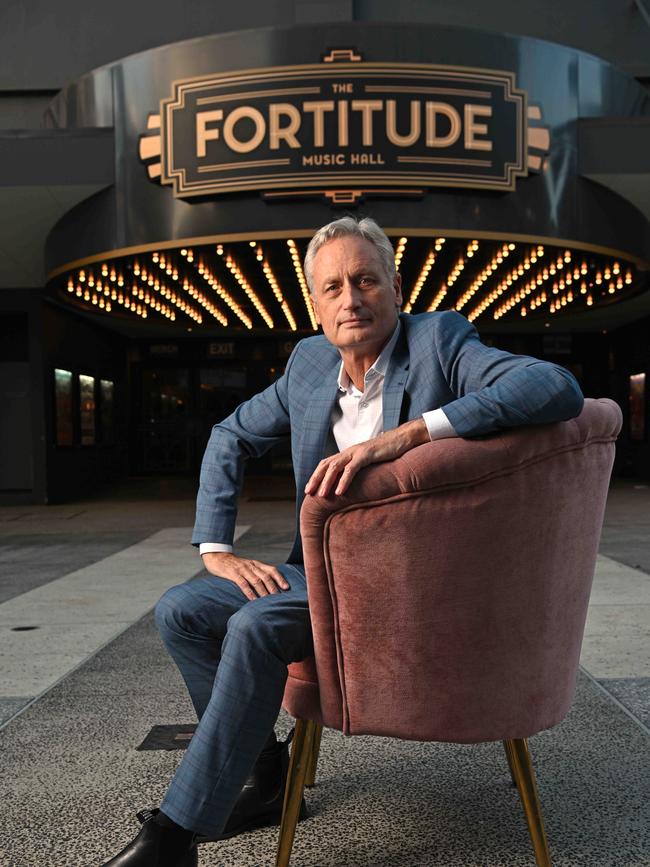
Scott Hutchinson, the boss of Brisbane-based building giant Hutchinson, summed it up in recent comments to The Australian when he described business conditions as “terrible”, after his company’s net profit fell 93 per cent to only $1.34m for the 2023 financial year despite revenue rising almost $500m to $3.12bn.
The problem, he said, was that “building costs have gone up 30-40 per cent in the past year.
“It’s terrible out there,” he said. “We did not make much money this year and next year we may scramble into the black.”
It was not quite as bad for Mick Power’s large construction business BMD, where revenue rose from $1.425bn last year to $1.73bn but profit fell from $39m in 2022 to $34m, but the business still took a big hit from what it said was an “extraordinary” increase in prices for its materials.
“The group result was down on the previous year, largely due to the impact of interest rate increases, wet weather and the continuing challenges in the supply chain,” a note in BMD’s 2023 accounts recently lodged with the corporate regulator says.
Its civil and building contractor division BMD Urban was particularly affected by wet weather in most regions, BMD said.
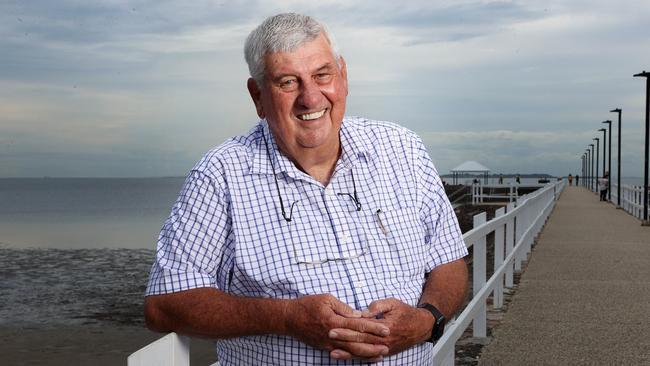
“Further, the typical contract model did not compensate the BMD Urban business for the extraordinary price escalation experienced. Most of the impacted projects had been tendered prior to the breakdown in global supply chains and hence experienced cost escalation well above allowances for escalation,” the accounts also stated.
BMD said that there had been a further impact on its financial results in the first quarter of the 2024 financial year but the potential outcome was for the business to at least deliver a result better than its budgeted profit for the full year.
Meanwhile, London-based hedge fund billionaire Michael Hintze’s Australian agricultural business also grappled with some problems unique to the rural sector.
His HM Premium Farms owns 16 cattle and farming operations over almost 60,000ha in eastern Australia, According to its recent annual report the business had a slight fall in revenue this year, from $88m to $83m, but recorded a $21m statutory net loss compared to a $28m net profit in 2022.
“The results reflected the difficult seasonal conditions experienced during the year, with major flooding impacting cropping operations,” a note in the accounts revealed.
“Livestock prices experienced a dramatic decline in the (fourth quarter) of FY23, which resulted in a $33.5m writedown in livestock carrying values at 30 June.”
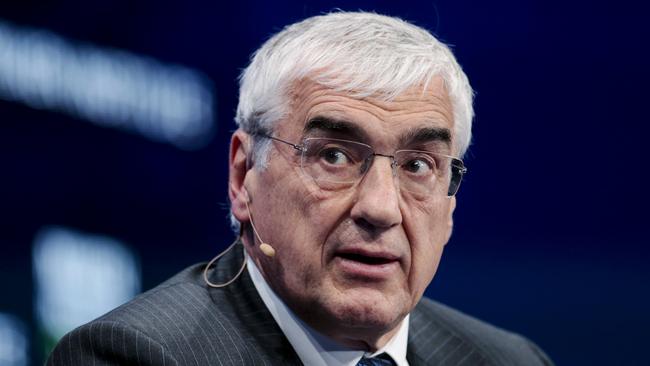
Former Macquarie boss Nicholas Moore also had cost issues at Aldus, the Sydney labelling and packaging company he has a stake in.
“Group operating revenue was up 2 per cent to almost $138m but one-off restructuring costs in the UK and higher raw material and overhead costs resulted in a … loss from ordinary activities of $5.7m, compared to a $3m profit in the prior year,” the Aldus 2023 financial accounts revealed.
South Australian billionaire Chris Thomas also had problems in the northern hemisphere with his huge Thomas Foods meat and seafoods processor, one of Australia’s largest family-owned food businesses.
Net profit for Thomas Foods almost halved to $99m in 2023 from $181m a year ago, though revenue rose slightly to $2.77bn.
The company’s review of operations described it as a relatively “excellent result … despite some areas of the business beginning to feel the effects of the global inflationary environment”.
In particular, Thomas Foods blamed “a more challenging environment in the group’s northern hemisphere business units along with cost pressures because of the global inflationary environment” as the reason gross margins and overall profitability took a hit.
There is some optimism though, as “ in early FY2024 some of these challenges have begun to unwind as demand increases”, it noted.
Larry Kestelman’s Philippines-based outsourcing company Acquire BPO also suffered a decline in net profit as operating expenses increased and revenue fell about 10 per cent to $271m.
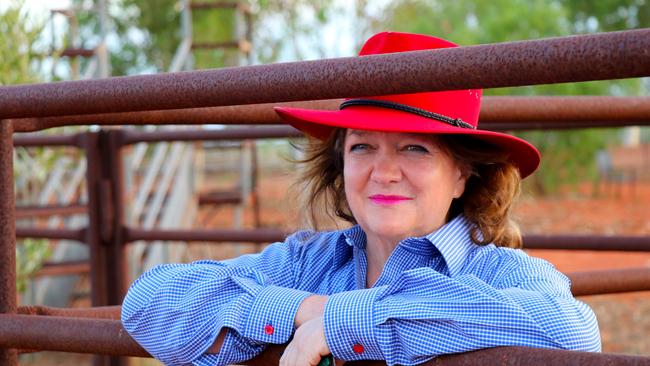
Acquire BPO’s profit after tax for 2023 was about $23m, compared with $57.6m a year ago.
Billionaire Gina Rinehart’s Hancock Prospecting saw its profit and revenue fall, as lower iron ore prices and rising costs cut into the miner’s earnings. The company also blamed slow planning approvals and a regulatory environment that made it difficult to undertake new projects.
Hancock made a $5.04bn net profit from $13.2bn revenue for the year to June 30, compared to a $5.8bn net profit and $14.6bn revenue in 2022.
It was a similar story for billionaire Laurence Escalante’s Virtual Gaming Worlds social gaming business. Net profit for 2023 fell about 17 per cent to $377.6m from $454m in the previous corresponding period, despite revenue surging 40 per cent to a record $4.84bn.
VGW has spent big on marketing, including a sponsorship of the famous Ferrari Formula One team this year, and incentives for its customers to keep playing its social casino games. It spent $125m more on marketing in the 2023 financial year than the previous 12 months.
Chemist Warehouse co-founders Jack Gance and Mario Verrocchi also saw higher costs and marketing spending cut into the profits of their private CW Group – which is set to go public in a $8bn deal with the ASX-listed Sigma Healthcare.
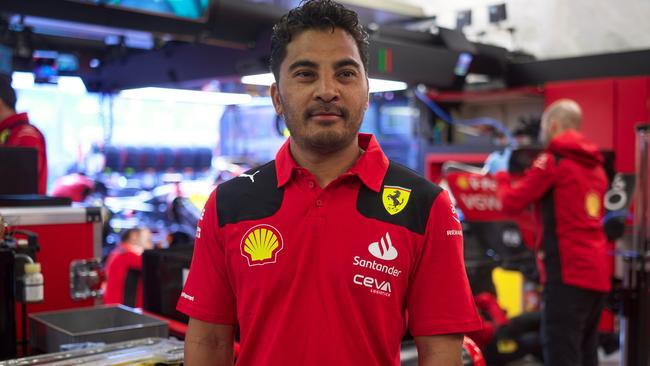
CW Group made a net profit of $302m for the year to June 30, down about 22 per cent from the $385m result a year earlier. Revenue reached $3.09bn, compared to $2.99bn in 2022. A $250m increase in cost of sales on the CW Group Holdings balance sheet was the main reason for the difference in net profit. The business increased marketing expenses to about $77m, from $63m last year.
Kim Cannon’s Firstmac, one of Australia’s biggest non-bank lenders, was hit by a cost-of-funding squeeze as a result of rising interest rates.
“This year has proven to be a difficult operating environment, primarily due to quantitative tightening by the Reserve Bank of Australia and central banks around the world more broadly.” Firstmac said in its annual report lodged with the corporate regulator. “During the (2023 financial year), the RBA increased the cash rate twelve times for a collective 4.00 per cent. The small but constant incremental change in the cash rate has been particularly damaging … resulting in a squeeze on the group’s net interest income.”
Firstmac’s net profit for 2023 was $50.3m, down 33 per cent from last year.
The huge Sydney car dealership business Suttons, owned by the family of the late Laurie Sutton, saw its net profit fall from $69m in 2022 to $48m this year, despite revenue rising slightly to $1.93bn, while Peter Cooper’s eponymous funds management business had its net profit fall from $32m last year to about $11m.
Revenue for Cooper Investors almost halved to $55m from $100m the previous year, due to a fall in performance fees.

Meanwhile, Bennelong Funds Management – backed by Jeff Chapman’s Bangarra Family Office – suffered a $7m net loss after making a $14m net profit in 2022.
Bennelong’s revenue fell almost $100m to $85m, and the business has decided to close its UK operations.
Fung Lam’s New Aim warehouse and shipping business saw net profit fall from $39m in 2022 to $4m, despite revenue rising from $343m to $355m, mostly due to increases in wages and general cost of sales.
Robin Khuda’s data centre business AirTrunk recorded a $14m statutory net loss compared to a $3m profit, in 2022, though revenue was up to $81m from $74m. The financial accounts for AirTrunk Australia Holding showed a $16m increase in employee expenses.
The news wasn’t negative for all though. Reclusive Queensland coal miner Chris Wallin received $375m in fully franked dividends for the 2023 financial year from his QCoal, despite the company’s net profit falling 24 per cent to $444.5m. QCoal then paid Wallin another $200m in dividends after the end of the 2023 financial year.




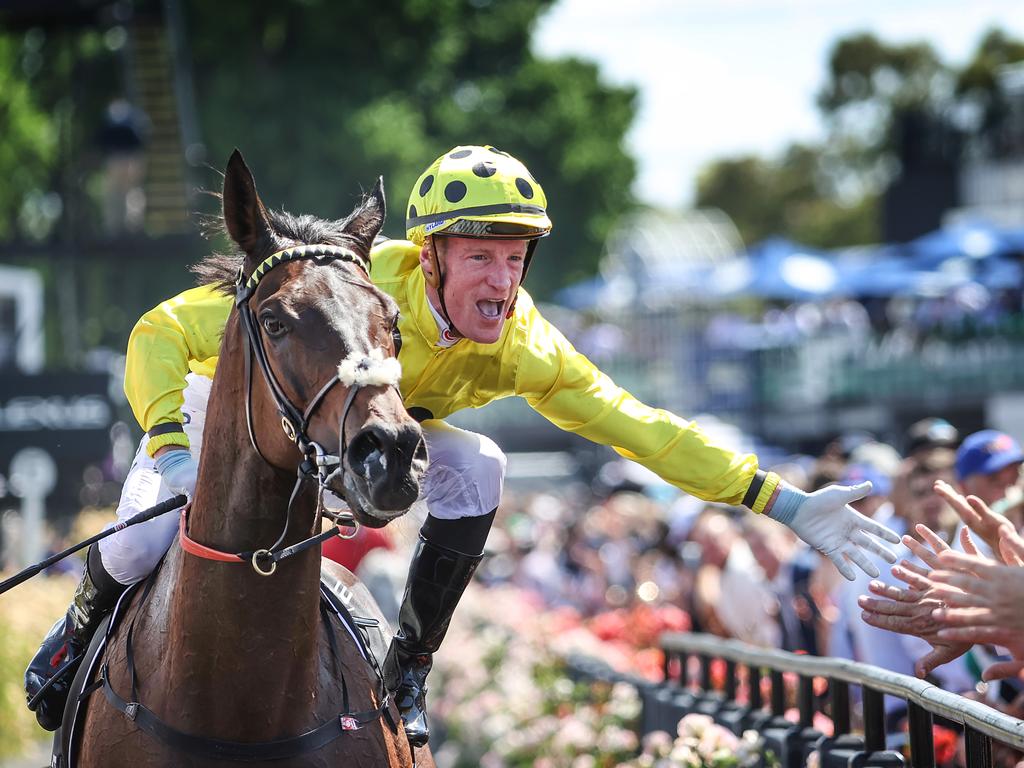



To join the conversation, please log in. Don't have an account? Register
Join the conversation, you are commenting as Logout